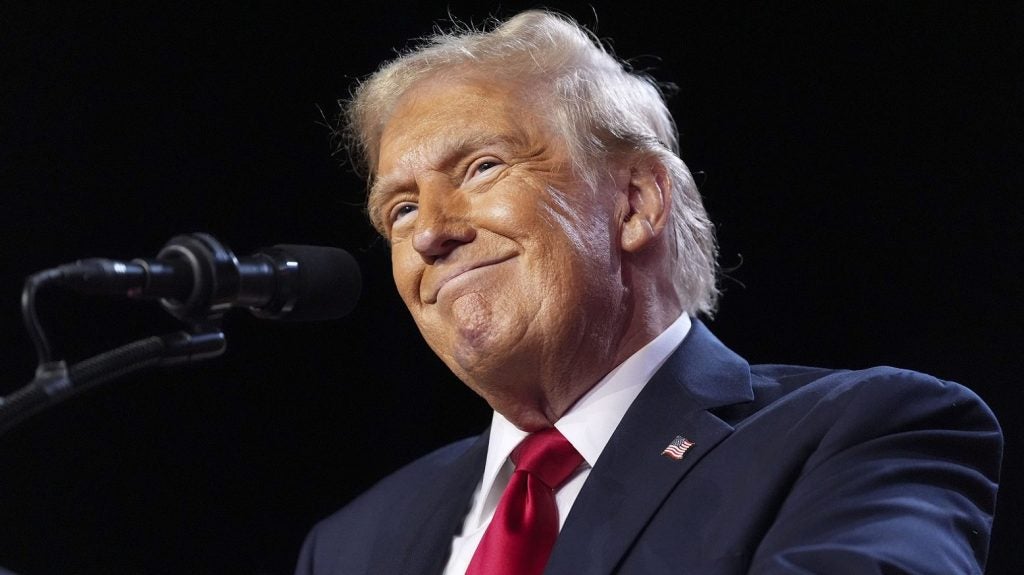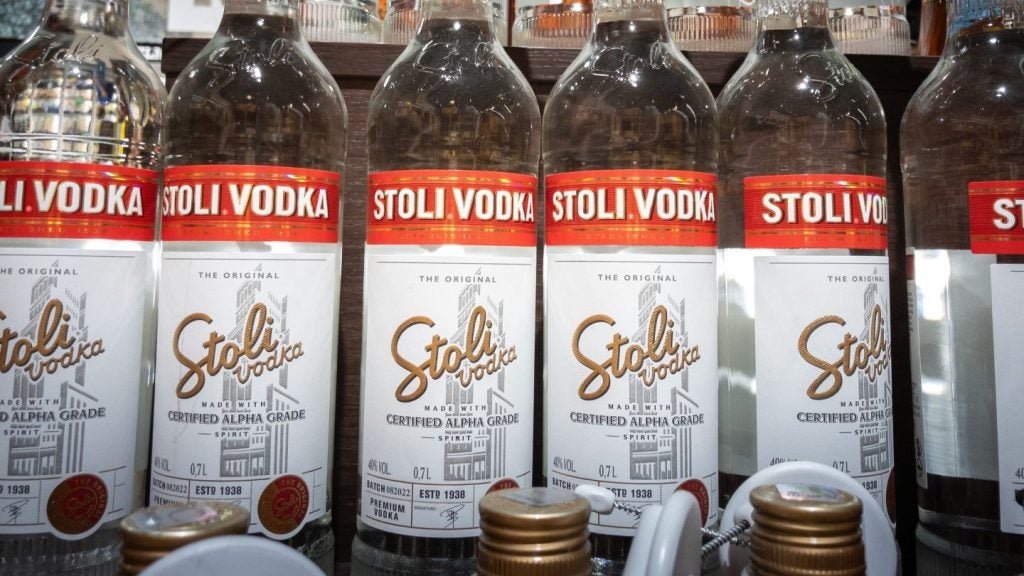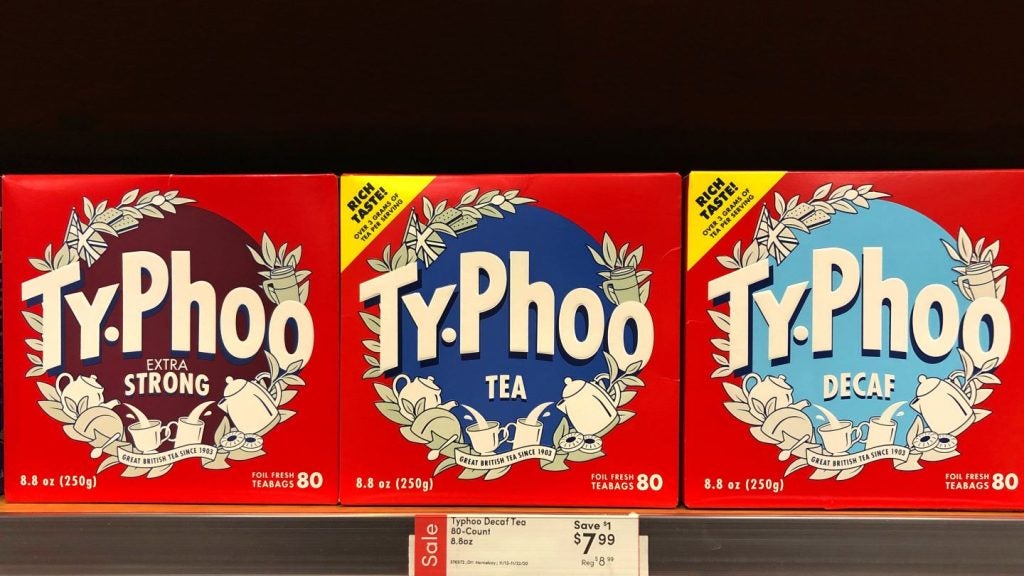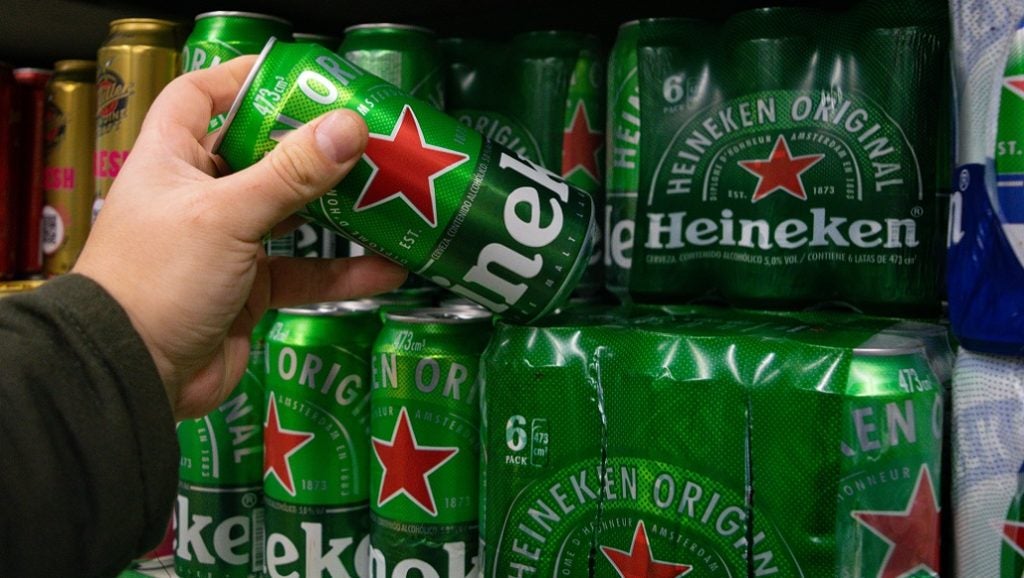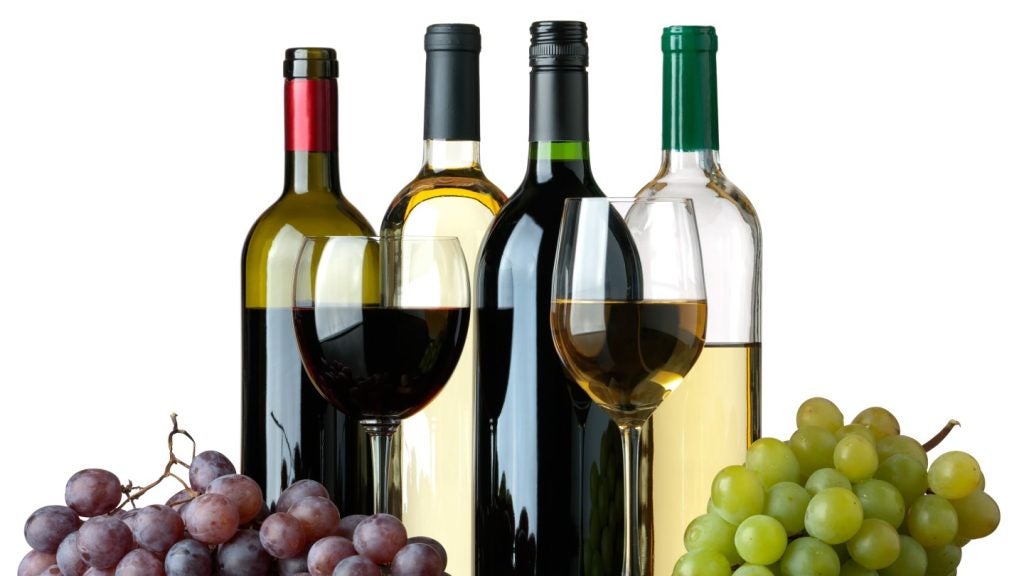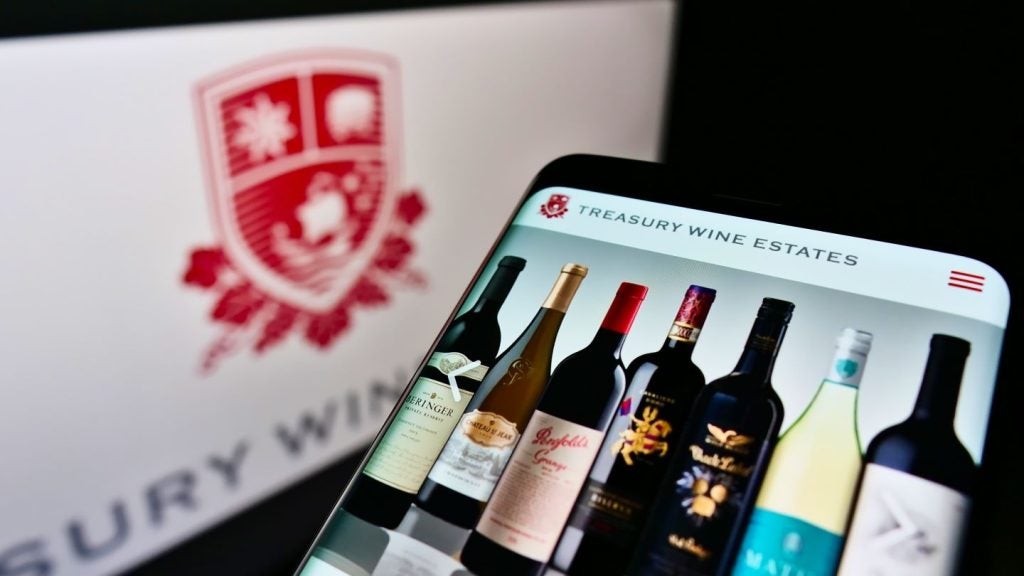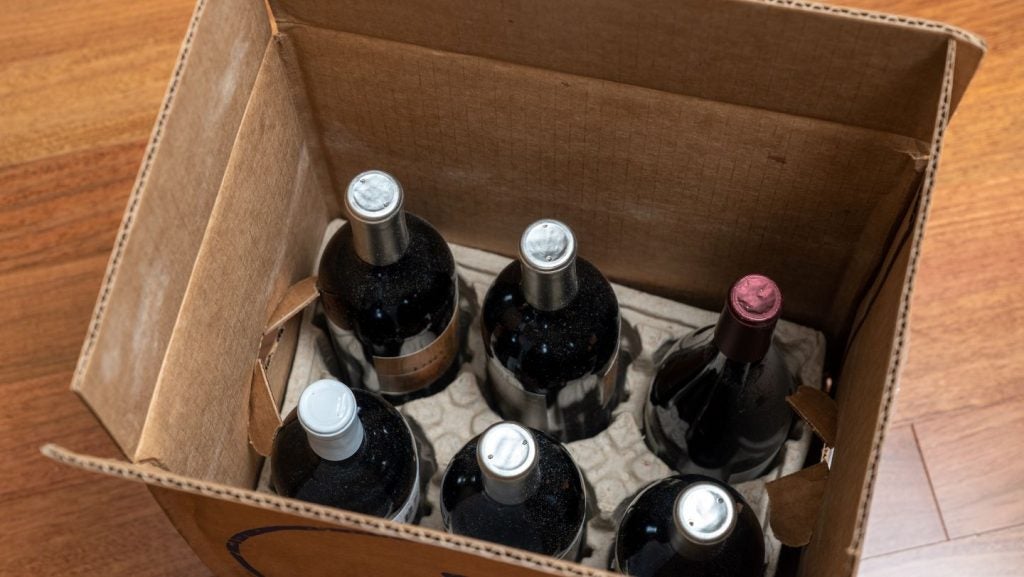Tariffs made their way back into drinks industry headlines last week with US President-elect Donald Trump’s announcement of a proposal to bring in a 25% import duty on goods from Mexico and Canada.
As Just Drinks reported, Trump outlined his intentions on social media platform Truth Social on Monday (25 November), noting as of 20 January, he would “sign all necessary documents to charge Mexico and Canada a 25% tariff on ALL products coming into the United States, and its ridiculous open borders”.
Trump added the tariff would stay in place “until such time as drugs, in particular fentanyl, and all illegal aliens stop this invasion of our country! Both Mexico and Canada have the absolute right and power to easily solve this long-simmering problem”.
The comments sparked concern among drinks-industry representative bodies and prompted Mexico's President to also take to social media to preach the benefits of dialogue.
“Migration and fentanyl consumption will not be addressed with threats or tariffs… Dialogue is the way forward," Mexico President Claudia Sheinbaum said on X.
Trade bodies sought to word their responses carefully but their unease was clear.
Chris Swonger, the CEO of Distilled Spirits Council of the US (DISCUS), warned the imposition of tariffs on imports from Mexico and Canada would “hurt US consumers and lead to job losses across the US hospitality industry”.
Over the border in Canada, trade body Spirits Canada said the US is the “largest export market for Canadian whisky” and added to “work closely” with the US and Canadian governments to “resolve trade differences”.
Over the weekend, Canadian Prime Minister Justin Trudeau paid Trump a visit at his Mar-a-Lago resort in Florida, which Trump described on Truth Social as "a very productive meeting", although he did not delve into the specifics discussed.
Trump's intentions on tariffs have been closely watched for months. Prior to the US Presidential election, Trump suggested he would bring in a 10% tariff on all imports into the country, plus a potential 60% duty on imports from China. His comments last week on Mexico and Canada have raised fears measures will be introduced after his inauguration.
Two key alcoholic exports into the US that could bear the brunt of the proposal on Canada and Mexico imports are Canadian whisky and Tequila.
If Trump sticks to his word, Canadian whisky could be “more exposed than Tequila”, says David Harris, alcoholic beverages research director at GlobalData, Just Drinks’ parent. In the US, the category is slowing due to a “resurgence” in local demand for American whiskey and Scotch, Harris says.
From 2023 to 2028, GlobalData research suggests the value of Canadian whisky sales in the US will rise roughly 11.9% to $10.7bn, while Tequila and mezcal value there is set to soar 74.8% to $21.3bn.
Harris believes Tequila’s position is likely to stay strong, regardless of what tariffs come into play, given the spirit is still enjoying growth in the US. The fact it remains “a staple where it is already popular”, and lacks "any clear substitutes”, also gives it a good chance at surviving a tariff hit, he argues.
Outside spirits, there may also be an impact on brewers selling into the US. When it comes to beer, Constellation Brands is one company that could be in the firing line, according to Kevin Baker, global research manager for beer and cider at GlobalData.
The move could “be a huge hit for Constellation Brands who own the US rights to Corona and Modelo”, he says, adding Heineken could also be affected, with its Mexican brands Sol and Tecate.
Of course, the reality of the impact hangs on a number of factors. “A big question is what will happen in the value chain,” Rabobank beverage industry analyst Francois Sonneville says, underlining that it is not certain whether a company would simply offload the full extent of the tariff onto consumers. Another unknown is how precisely the US would levy the tax.
When it comes to how drinks manufacturers could react to these tariffs, they will likely either continue exporting to the US, Sonneville says, taking the tax "on the chin", halt sales to the US altogether, or make changes to their supply chain, by moving production locally.
"AB InBev must be very pleased with its decision to brew and bottle Stella in the US, as this avoids the US/EU import tax," Sonneville reflects.
However, while this is a possibility for Stella, it doesn't apply to all beer brands. Constellation's Modelo for instance cannot be brewed in the US. For Tequila, moving production to the US is a legal issue, given the spirit must be distilled in Mexico to be classified as Tequila.
Making changes to the value chain also has "social" implications, Sonneville notes, referring to the impact on staff and on how consumers view brands when production changes.
Sonneville points to the recent strike at Hennessy's headquarters in south-western France over the group's plans to trial the bottling of Cognac in China, which he said shows "employees, unions etc. also do not like change". Hennessy has since reportedly suspended the trial.
More broadly, Sonneville says the prospect of Trump's tariffs is "a sign of different times, where protectionism is returning".
"Companies can either react to outcomes or plan longer term and evaluate the value chain. For beers, this could mean a shift of the pendulum towards producing locally near consumers in overseas markets. For PDO [Protected Designation of Origin] products, it will be very important to emphasise provenance and look at ways to reduce costs, including tariffs."
As GlobalData's Harris stresses, however, any hit to Mexican and Canadian spirits or beer brands is “only relevant if the tariffs announcement becomes reality, which is never a sure thing with Trump”.


